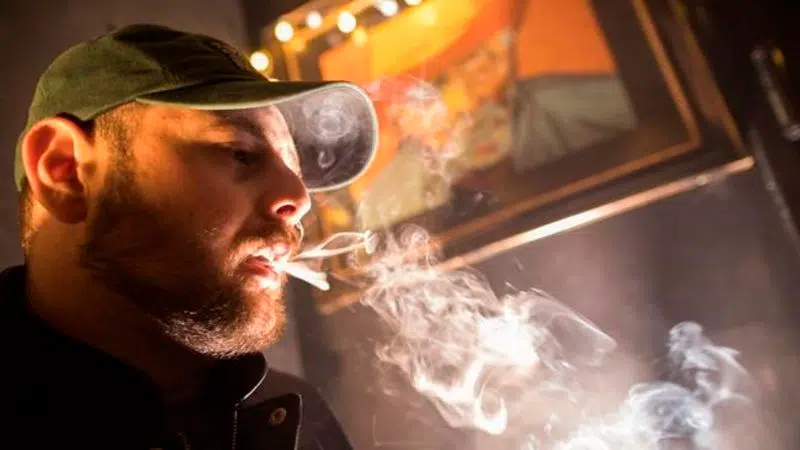
NYC may ban pre-hire marijuana tests for many job applicants
NEW YORK — Many job-seekers would no longer face tests for marijuana use under legislation that New York City is likely to enact, taking a novel step as lawmakers and employers around the U.S. grapple with workplace policies about pot.
The Democrat-led City Council passed a measure Tuesday that would ban pre-employment testing for the drug, with certain exceptions.
Supporters say the measure , which if enacted may be the first of its breadth, would knock down a barrier that blocks people from jobs because of private behaviour, not professional ability. And they note that marijuana can show up on a drug test days, or sometimes longer, after the high wears off.


